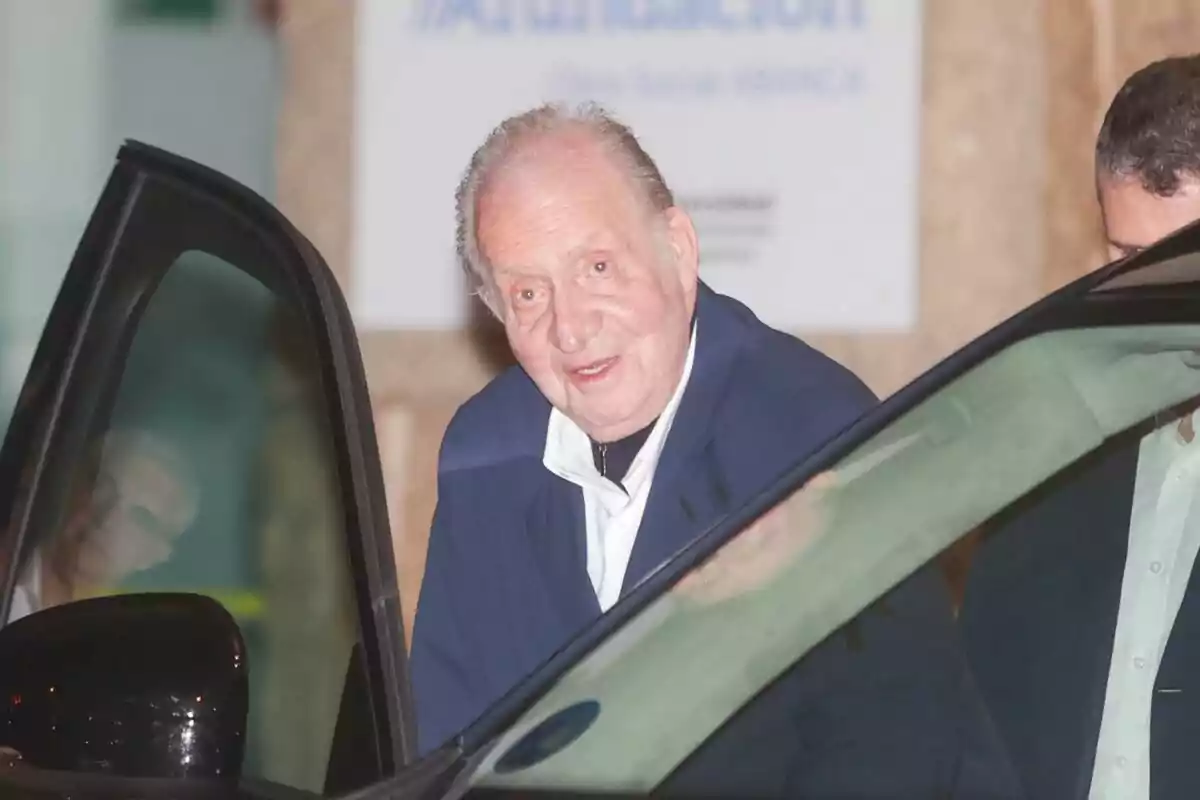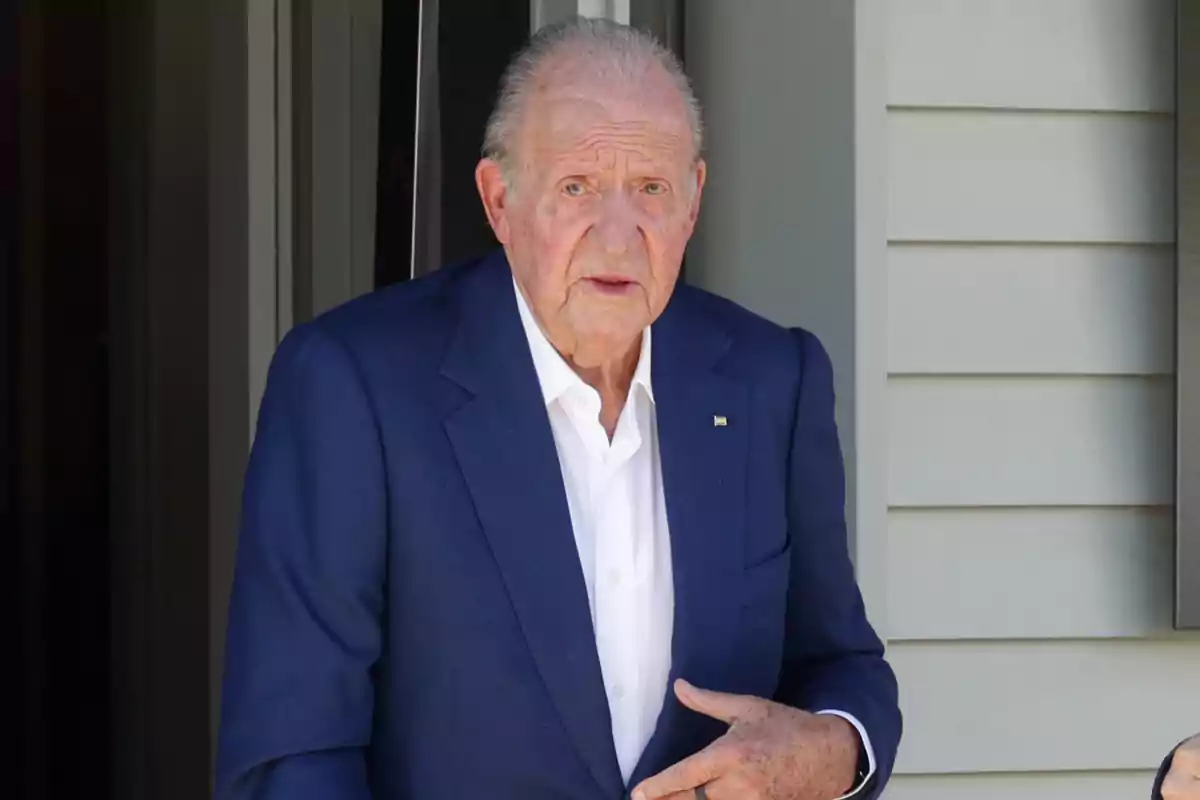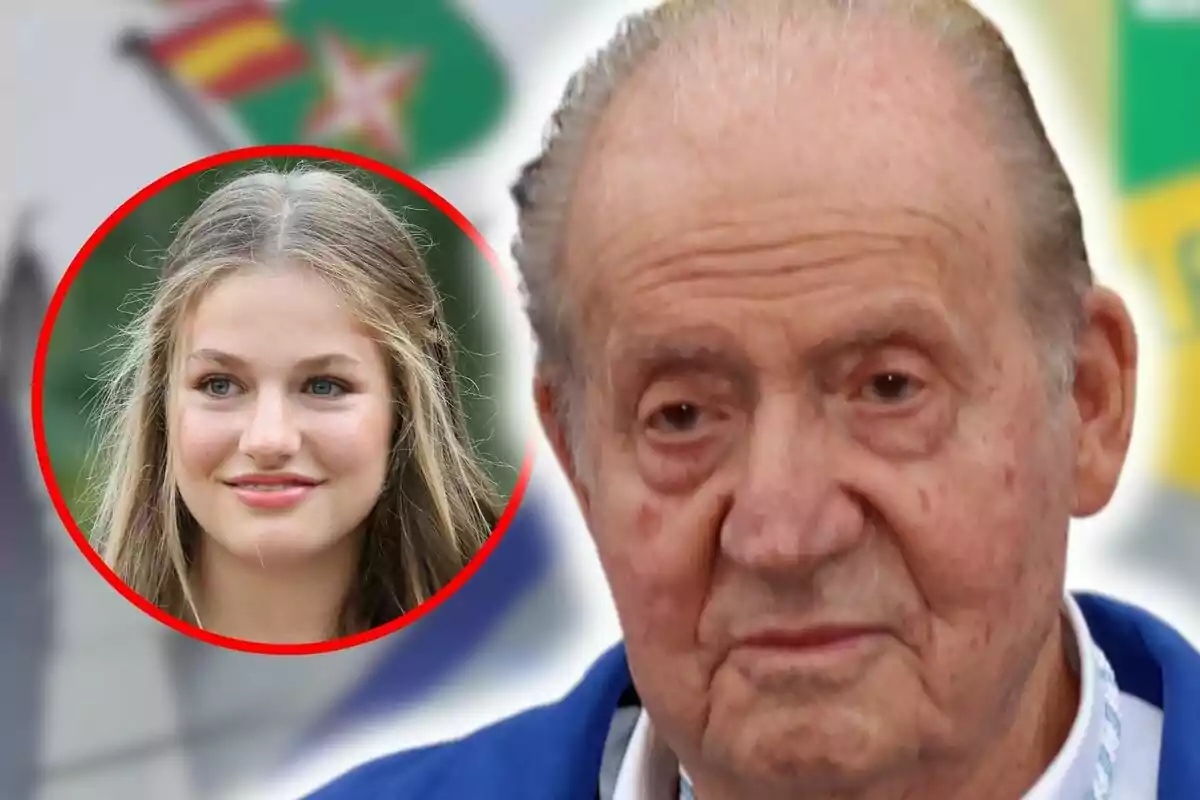Spain's recent history is full of episodes that, as time goes by, reopen debates and generate new opinions. A reminder in the press has brought back an episode that returns one of the most controversial figures of the monarchy to the spotlight.
The matter dates back decades and revolves around a luxurious enclave located in the Canary Islands. What was once considered a gesture of friendship is now seen as a controversial detail that once again puts the emeritus king in the spotlight.

Controversies after the abdication
Since he abdicated in favor of his son Felipe VI in 2014, the media have not stopped following the steps of the emeritus king. Far from the head of state, several aspects of his personal and financial life came to light, provoking intense public scrutiny.
The appearance of information about his accounts abroad and the revelation of friendships that raised suspicions caused constant debates about his figure. These events marked a turning point in the public's perception of the monarch who led the transition.
What had been a reign with moments of great international recognition was tarnished by later revelations. Spanish society discovered a different side of his life, in which the private and the institutional became intertwined with notable consequences.

The gift that returns him to the spotlight
The memory that has brought Princess Leonor's grandfather back to the forefront centers on La Mareta, a palace in Lanzarote. The magazine Lecturas has brought back this complex built in the seventies by order of King Hussein of Jordan. Over time, it became one of the most exclusive places in the Canary Islands.
The controversial aspect is that this luxurious complex ended up in the hands of Juan Carlos I as a gift from the Jordanian monarch. At the time, this gesture was interpreted as a sign of friendship, but over time it became an uncomfortable episode for the emeritus.
The fact that a head of state received a property of such magnitude caused much criticism and exposed the complexity of his public life. Remembering that gift now puts him back in the spotlight, showing that controversies have accompanied him for decades.

From private gift to national heritage
Over the years, La Mareta ceased to be a personal gift and became part of the National Heritage. The palace became an institutional residence intended to host leaders and international dignitaries during visits to Spain.
Currently, the enclave continues to be used for official events. Even President Pedro Sánchez has used it as a place to rest and as a residence to receive foreign authorities. Its diplomatic value remains current.
What began as a personal gesture between monarchs ended up becoming a symbol of Spain's recent political history. The memory of that episode once again highlights the figure of Juan Carlos I and the complex relationship between his private life and the projection of the monarchy.

